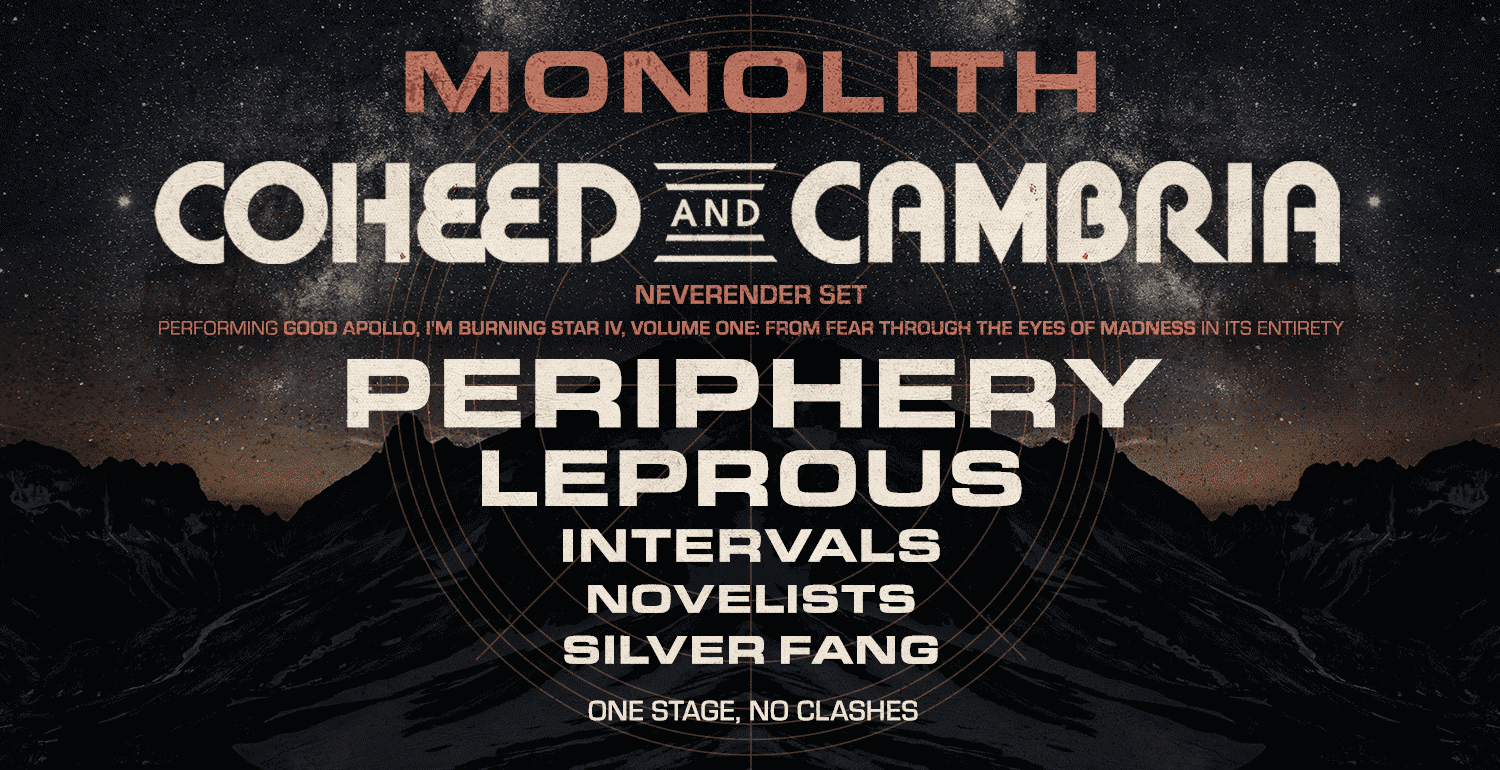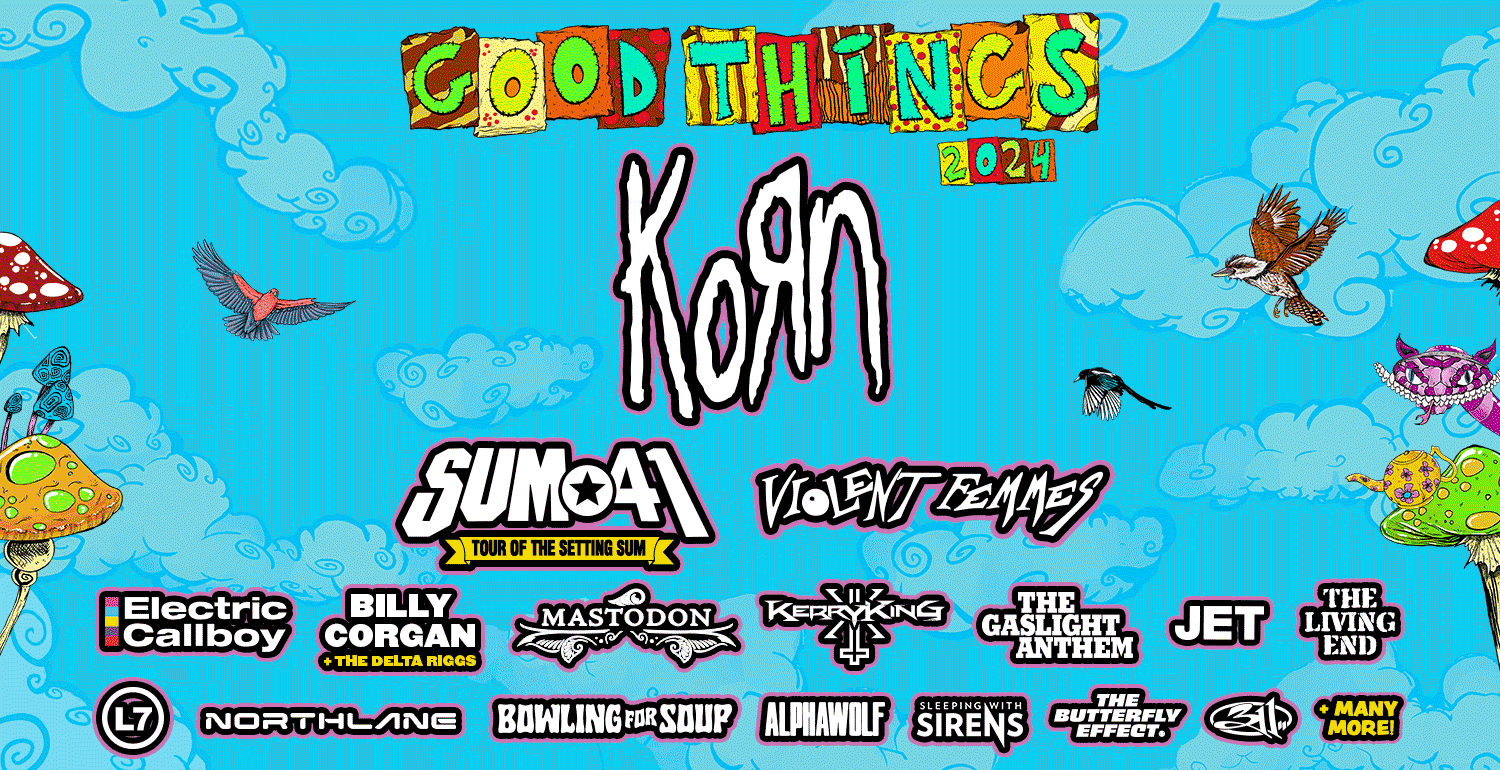[et_pb_section bb_built=”1″ admin_label=”Section” fullwidth=”on” specialty=”off” _builder_version=”3.0.51″ background_color=”#701200″ global_module=”34817″][et_pb_fullwidth_menu admin_label=”Menu #24″ global_parent=”34817″ _builder_version=”3.0.51″ menu_id=”93″ background_color=”#701200″ submenu_direction=”downwards” fullwidth_menu=”off” background_layout=”dark” text_orientation=”center” dropdown_menu_animation=”fade” background_position=”top_left” background_repeat=”repeat” background_size=”initial” dropdown_menu_bg_color=”#701200″ mobile_menu_bg_color=”#701200″ /][/et_pb_section][et_pb_section bb_built=”1″ admin_label=”section” background_image=”https://digi.heavymag.com.au/wp-content/uploads/sites/2/2017/04/hackett-steve.jpg” background_color=”#000000″ custom_padding=”0px|0px|0px|0px”][et_pb_row admin_label=”row” custom_padding=”25px|0px|681px|0px” background_position=”top_left” background_repeat=”repeat” background_size=”initial”][et_pb_column type=”4_4″][/et_pb_column][/et_pb_row][/et_pb_section][et_pb_section bb_built=”1″ admin_label=”section” background_color=”#151b87″][et_pb_row admin_label=”row” custom_padding=”14px|0px|0px|0px” background_position=”top_left” background_repeat=”repeat” background_size=”initial”][et_pb_column type=”4_4″][et_pb_code admin_label=”Code”]<iframe src="https://embed.spotify.com/?uri=spotify%3Aartist%3A4vs7NIU7kZc2Efh6yOGKEZ" width="100%" height="380" frameborder="0" allowtransparency="true"></iframe>[/et_pb_code][/et_pb_column][/et_pb_row][/et_pb_section][et_pb_section bb_built=”1″ admin_label=”section” background_color=”#346cc7″ custom_padding=”2px|0px|1px|0px”][et_pb_row admin_label=”row” custom_padding=”61px|0px|0px|0px” column_padding_mobile=”on” background_position=”top_left” background_repeat=”repeat” background_size=”initial”][et_pb_column type=”1_2″][et_pb_text admin_label=”Text” background_layout=”dark” text_orientation=”justified” text_font=”Raleway Light|on|||” text_font_size=”16px” text_text_color=”#ffffff” background_position=”top_left” background_repeat=”repeat” background_size=”initial”]
“The early ideas I had for the band were very simple,” explained former Genesis guitarist Steve Hackett on his influence over the band. “I saw them play live and I thought in a way it was very folky – very dreamy – but I didn’t think it had the punch that it needed; I thought that Genesis needed a harder edge. I tried over the years to give them that, but at the same time, I was just as interested in 12 string guitar and nylon stuff. So, over time I managed to influence as I was influenced by them and it was a wonderful time. It was great to see the band grow from doing free lunchtime concerts and doing clubs and colleges to where we were lucky enough to play to 60,000 people in London the last time I played with them there, and then I moved on to solo stuff. I wanted to work with other people, and having a fully fledged solo career was not on offer from the band: at the time I felt even though I was playing guitar in arguably the world’s greatest band, my allegiance is first and foremost to the music itself. So, I moved on and worked with other people. I dip in and out of the Genesis thing. I’m proud of everything that I managed to achieve with the band but there was an afterlife: different places, I do different shows. Sometimes it’s a Genesis show, sometimes it’s a solo thing; and I’ve been involved with lots of different kinds of music over the years, particularly with the current album that focuses on so many different genres. I had this pan-genre approach. I think Genesis in the early days was quite romantic but I did manage to do some atonal stuff, as well. There was the influence of jazz; there was the influence of classical. I would have liked to have gotten some blues into it, as well. I started out life as a harmonica player and was hoping that Genesis might crack under torture (laughs). I got my way with other things. I had to twist a few arms and shout and scream – like Chinese torture. I managed to get the band to get its own light show and the Mellotron synth and all of those things that were cutting-edge at the time. Sometimes you have to make yourself unpopular to be popular, and I think in and amongst the close group if you’re going to expand the ideas you have to run the gamut of objections in order to take things forward. These days, in order to make a decision, all I have to do is turn up myself and I can agree on all sorts of things very, very quickly (laughs). I remember the last time that Genesis worked together with a retrospective of group and solo stuff, my God, it took about three years to decide the colour of the cover I seem to recall. It’s one of those extraordinary things that makes you appreciate being solo. It’s not the quality of the music it’s that I’ve always loved the Genesis music – it’s absolutely wonderful – but it’s nice when the body can keep up with the brain if you know what I mean.”
Hackett is preparing to bring to Australia ‘Genesis Revisited’ in August and says fans of not only the band but also his extended solo career will find something of note.
“It is basically classic Genesis from the 1970’s, the time that I was involved with the band when Peter Gabriel was the lead singer and Phil Collins took over. I’ll be doing songs from Nursery Cryme, Foxtrot, Selling England by the Pound and a little bit of stuff from The Lamb Lies Down on Broadway; A Trick of the Tail; Wind and Wuthering; and there will be a bit of solo stuff, but in the main, it’s an authentic Genesis show.”
Hackett was around and responsible for some of Genesis’ biggest hits and believes that the era that he was in the band has much to do with that success.
“At that time you had a number of guys – particularly when we were a five-piece – that were all pulling in different directions and all listening to different artists, but fortunately most of us agreed that we really enjoyed the work of Jimmy Webb, and as a consummate songwriter he himself was influenced hugely by British music. He was someone who had a grasp of harmony, and then, of course, Tony Banks and I would have conversations about harmony. Pete would be much more experimental. He would be interested in everything from pantomimes to music coquette. Phil would be interested as much in Tony Bennett and Mel Torme as the Beatles, so we had the big band aspect with all the accents and the syncopation. Throughout the ranks, the guys were all capable of writing songs on their own and capable of writing something that was either exciting or something that could break your heart, so I think as a collection of songwriters, it’s hard to beat Genesis. Of course, there’s a whole ton of stuff over the various incarnations of the band and I think the band was harmonically a tad more sophisticated than its peers.”
[/et_pb_text][/et_pb_column][et_pb_column type=”1_2″][et_pb_text admin_label=”Text” background_layout=”dark” text_orientation=”justified” text_font=”Raleway Light|on|||” text_font_size=”16px” text_text_color=”#ffffff” background_position=”top_left” background_repeat=”repeat” background_size=”initial”]
Hackett has been playing the guitar now for over 40 years and says that his main love of the instrument is its adaptability and limitless potential.
“It keeps revealing itself to me,” he soothed. “Over time I think the guitar isn’t going to make any more sounds. It’s then I discover that just by using the mechanical devices that are around, that not everything has been explored yet. So I’m still looking in the corners of the instrument and coming up with things that I think sound quite extraordinary to me. I do it at sound checks. Sometimes I’m using an intelligent harmoniser and an octave thing and I’ve got a guitar that eliminates percussion and decay so you’ve just got a continuous sound of a note that sounds perhaps more like woodwind or like a violin. The combination of all those things makes something that sounds very spacey and quite strange, but alluring. Just when I thought that I’d heard all the possible guitar sounds that I was ever going to hear, suddenly there’s a quiet revolution going on that makes you think, ‘hang on, there’s still more to this.’”
While music is a personal experience, Hackett maintains that from a writing perspective you have to be selfish to make it appeal to a wider audience.
“You’ve got to be true to yourself,” he stated. “I never really learned how to create where I’ve thought, ‘I think this is what people want to hear’. I do stuff that I would like to hear myself, so pleasing yourself and doing something that is personal is the shortest route to doing something that is universal. I’ve always been surprised when I do a track on an album that I think is just for me that no one will like and invariably it is the one others enjoy the most. I like music that is full of surprises. Some are a surprise to even me that they work at all, but that’s the whole point. You are creating something that’s the most unlikely thing and you have to make these joins seamless and have moments of silence that make you think: do these moments work? There are two ways of looking at every piece of music: the listener has a subjective experience: love it or hate it. The writer that plays it has to be objective and think I’m not going to get everyone with this because not everyone will like it. Even if I manage to get the voice sounding like Pavarotti, someone else might prefer it to sound like Howling Wolf; and each is the owner of the true music which is essentially the stuff that affects him or her.”
While not denigrating the path that modern day musicians take to success, Hackett says that when Genesis first started times were different, and in many ways, you had to work harder to have your music heard.
“I can’t speak for younger musicians,” he asserted, “but I assume there must be much more people like me just dying to get an audience, and I think because there’s no longer the monopoly of record companies. It is possible to have an indie setup and any garage band in the world has a fair crack at an audience. You don’t have to play the game and audition to the big three companies. You can go your own route now that the monopoly is broken. In many ways, it was tougher when we were starting out. I realise music is more disposable these days, but is it disposable to you or is it precious? Are there things you couldn’t do without? That Beatles album that might still get through to you in the way that it did when you were a kid? The milestones that are there? Sure, for those that are not into music it is disposable; as are old films and all examples of media and every book that was ever written to be burned. But, on the other hand, there are things that are etched in memory that is a part of your DNA (stamped on your heart) and those things are reminders to people. Music can say something that… even to me now, it can reveal my feelings that I will later put to practice or into words but it might be music that informs me first of all. There’s something about it. It’s the ultimate language – the international language – from shredders to love songs. There’s something about it that speaks to everyone.”
Written by Kris Peters
[/et_pb_text][/et_pb_column][/et_pb_row][/et_pb_section][et_pb_section bb_built=”1″ admin_label=”section” background_color=”#151b87″ custom_padding=”29px|0px|25px|0px” fullwidth=”on”][et_pb_fullwidth_code admin_label=”Fullwidth Code” /][/et_pb_section]












